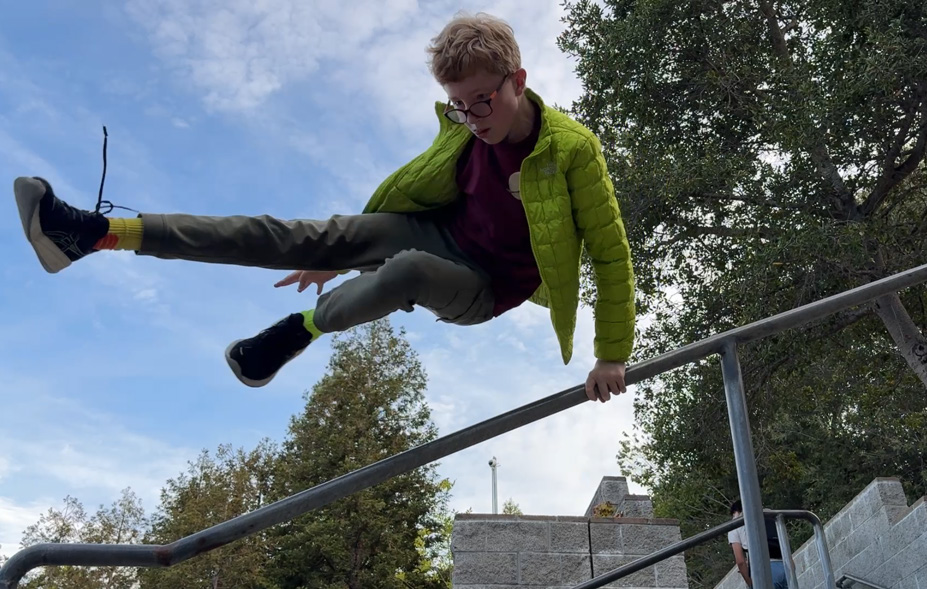Within his first year at Piedmont, PHS athletic director Tyler Small made the bold move of non-reelecting the long-standing girls’ soccer head coach, Dan Chubbock. While the official reason remains unclear, rumors claim that the non-reelection was due to questions over team placement. Parents were upset that their senior children were placed on JV, especially considering it is against the rules.
Seniors are generally not allowed to play on junior varsity, according to the California Interscholastic Federation, because JV is designed for younger players to prepare for the varsity level. Due to this, seniors are typically cut or put on varsity, with not much in between.
I do not agree with the persecution surrounding Small, because even if the controversial rumor is true, he is simply doing his job, following CIF rules. However, Chubbock was considered a great coach who carried the girls to many victories. This is not a problem with Small, it is a problem with CIF. The rules need to be changed, as there is no good reason seniors shouldn’t be able to be placed on JV. Placing seniors on JV allows for younger, better athletes to thrive and be successful rather than wasting spots on the roster with inexperienced, unskillful seniors.
The point of sports is to raise competition. Varsity sports teach athletes discipline, work ethic, and sometimes how to handle disappointment. Not making varsity is not an insult, but rather a challenge to prove whether the player has the capability to push themselves to the varsity level. When parents or administrators clash with the coach’s team placements, which was rumored in Chubbock’s case, they are undermining the purpose of sports entirely.
There is no lesson or purpose of sports when participation is valued over performance. The importance of hard work and discipline cannot be appreciated within sports if there are no boundaries.
The key thing seniors hold for the varsity level is their age level and experience, as they have been in high school longer than their teammates. It is important to recognize seniors who have put in effort for four years to be on varsity. This allows seniors to be a source of guidance to younger varsity players.
However, that makes the principle of seniors on varsity more about commitment than skill in that sense. Skill trumps commitment; I am sure I speak for many athletes when I say that winning should be the priority of varsity teams, and that learning the sport and having fun with friends should be designated for JV. If a senior puts in commitment and leadership but lacks skill, they can still have opportunities to show their ability. However, if there are better players, there is nothing wrong with that senior being played on JV.
The bitter reality is that not everyone is good at high school sports. That’s completely okay. However, to most high school athletes, ability and success is a higher priority than fulfilling a social hierarchy following the stereotypical high school social system: seniors get priority.
I’m not saying that varsity sports shouldn’t be fun or a team bonding experience, as team bonding and fun is precisely what makes high school sports worth it. However, winning, bonding, and collaborating with one another should be the priority, not sitting around at the top of the team’s social hierarchy.
It’s time to end the unnecessary over-regulation of high school sports. It’s time to stop making rules for irrelevant issues when there are far more situations to divert attention to. It’s time to let coaches coach.





























